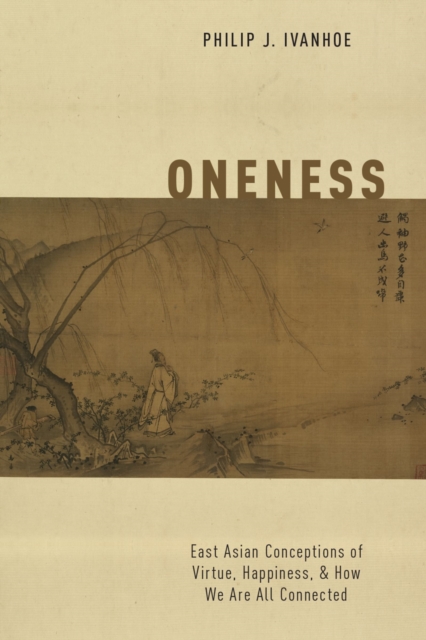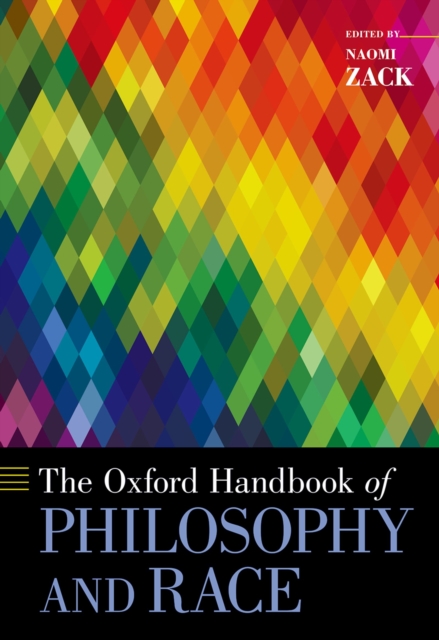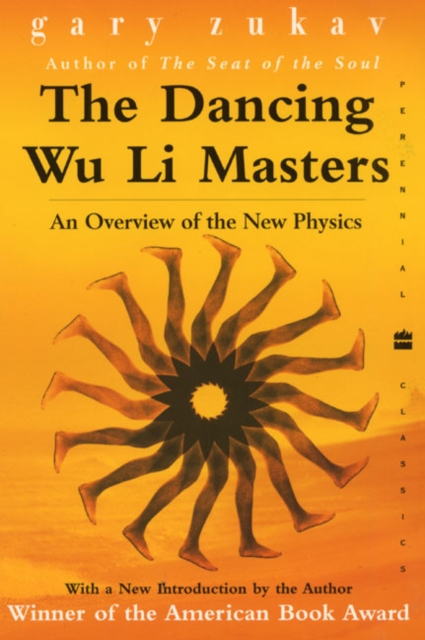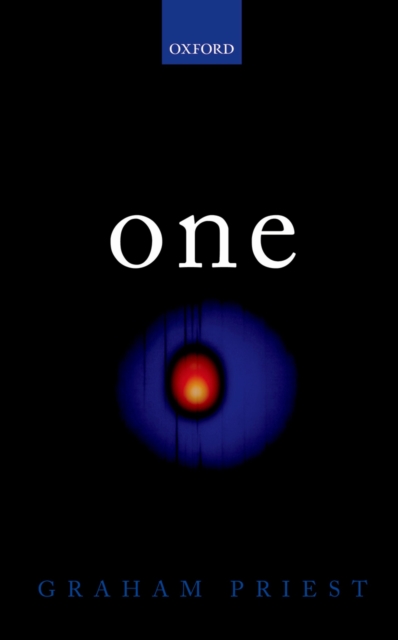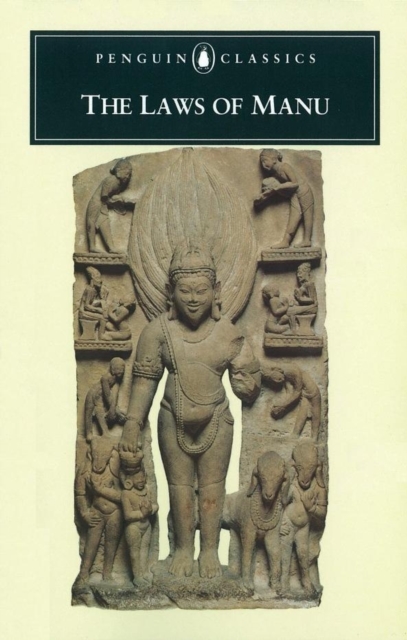This book explores the constitutive role alterity plays in identity formation in Western and Eastern traditions. It examines the significance of difference in conceptions of identity across major philosophical and religious traditions in a global and comparative context, considering Ancient Greek and Egyptian, Chinese, Islamic, European and Japanese philosophies. In addition, the book opens up discussion of less dominant trends in philosophical thinking, particularly the spaces between self-same existence and otherness in the histories of philosophical and religious thought. Chapters critique both essentialist and postmodern understandings of self-constitution by questioning the ordinary narrative of identity construction across Western and non-Western traditions. The book also explores the construction of selfhood from a wide range of perspectives, drawing upon individual philosophers (including Plotinus, Descartes, Geulincx, Hume, de Beauvoir and Ueda) as well as religious and philosophical movements, including Confucian philosophy, Zen Buddhism, Protestantism and Post-Phenomenology. Differences in Identity in Philosophy and Religion represents a landmark study, drawing together a range of approaches, perspectives and traditions to explore how identity is constructed across the world.
Get Differences in Identity in Philosophy and Religion by at the best price and quality guranteed only at Werezi Africa largest book ecommerce store. The book was published by and it has pages. Enjoy Shopping Best Offers & Deals on books Online from Werezi - Receive at your doorstep - Fast Delivery - Secure mode of Payment
Digital Rights Management (DRM)
The publisher has supplied this book in encrypted form, which means that you need to install free software in order to unlock and read it.
Required software
To read this ebook on a mobile device (phone or tablet) you'll need to install one of these free apps:
To download and read this eBook on a PC or Mac:
-
Adobe Digital Editions
(This is a free app specially developed for eBooks. It's not the same as Adobe Reader, which you probably already have on your computer.)
 Jacket, Women
Jacket, Women
 Woolend Jacket
Woolend Jacket
 Western denim
Western denim
 Mini Dresss
Mini Dresss
 Jacket, Women
Jacket, Women
 Woolend Jacket
Woolend Jacket
 Western denim
Western denim
 Mini Dresss
Mini Dresss
 Jacket, Women
Jacket, Women
 Woolend Jacket
Woolend Jacket
 Western denim
Western denim
 Mini Dresss
Mini Dresss
 Jacket, Women
Jacket, Women
 Woolend Jacket
Woolend Jacket
 Western denim
Western denim
 Mini Dresss
Mini Dresss
 Jacket, Women
Jacket, Women
 Woolend Jacket
Woolend Jacket
 Western denim
Western denim
 Mini Dresss
Mini Dresss




